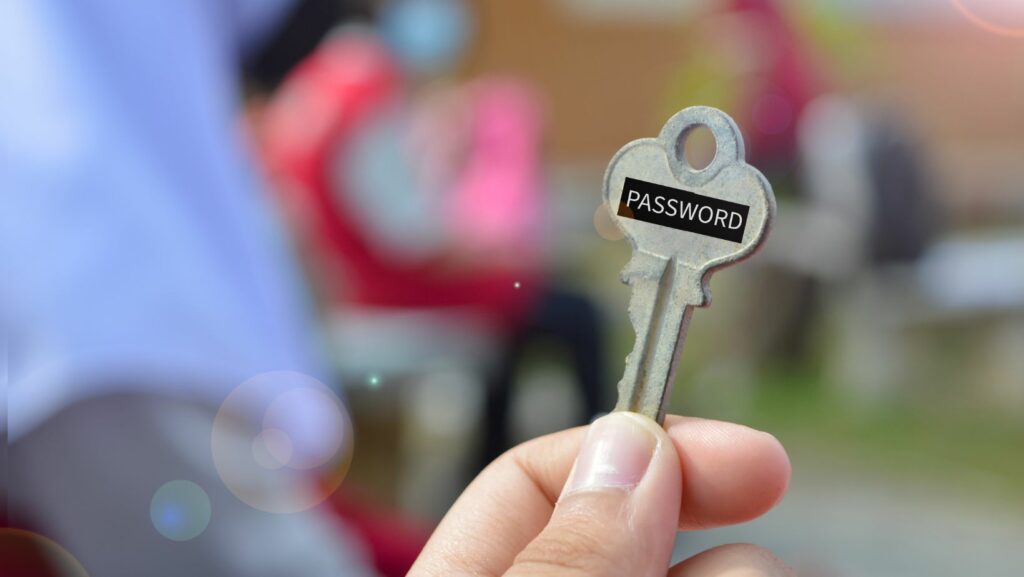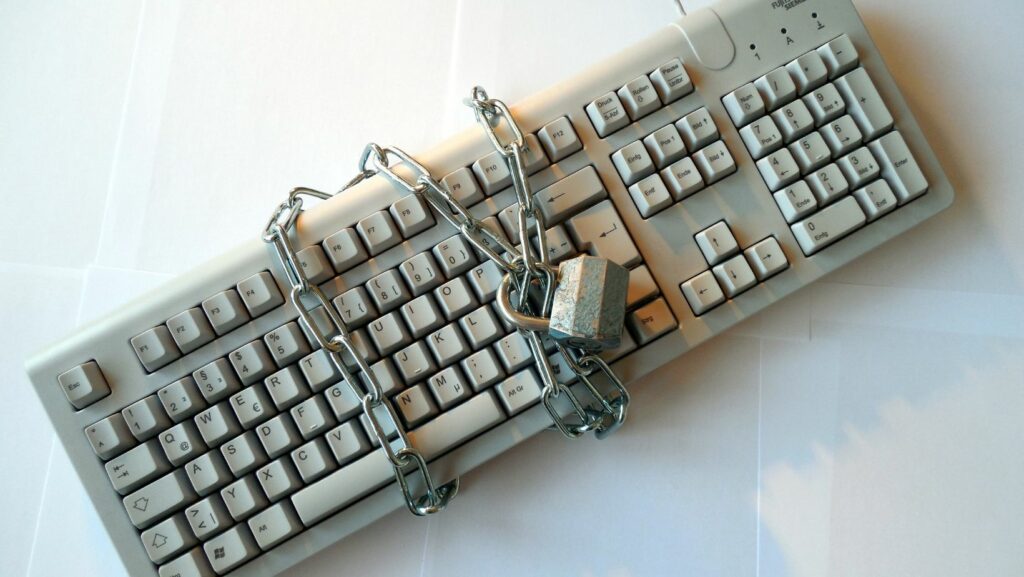
For Cybersecurity Safety Tips Awareness Month

In today’s digital age, cybersecurity plays a crucial role in safeguarding our online presence. As we observe Cybersecurity Safety Tips Awareness Month, it’s essential to stay informed and proactive in protecting our digital assets. Cyber threats continue to evolve, making it imperative for individuals and organizations to prioritize cybersecurity best practices.
During this dedicated month, the focus is on raising awareness about the importance of cybersecurity hygiene and the steps we can take to enhance our online security. By staying informed about the latest threats and implementing robust security measures, we can mitigate risks and safeguard sensitive information. Let’s use this opportunity to educate ourselves and others about the significance of cybersecurity safety in today’s interconnected world.
Importance of Cybersecurity Safety
In today’s digital age, cybersecurity plays a critical role in safeguarding sensitive information and digital assets from cyber threats. With the increasing number of cyber attacks and data breaches, individuals and organizations need to prioritize cybersecurity safety to mitigate risks and protect themselves from potential harm.

Being proactive in implementing cybersecurity best practices is essential to ensure the confidentiality, integrity, and availability of data. By staying informed about the latest cyber threats and security vulnerabilities, individuals can take proactive measures to defend against malicious activities such as phishing attacks, ransomware, and unauthorized access attempts.
Educating others about cybersecurity hygiene and promoting a culture of security awareness is crucial in creating a safe online environment. By sharing knowledge about the importance of strong passwords, software updates, and safe browsing habits, individuals can contribute to collective efforts in enhancing cybersecurity resilience and reducing the impact of cyber incidents.
Cybersecurity safety is not just a personal responsibility but also a collective obligation to protect interconnected systems and digital infrastructure. By fostering a cybersecurity-conscious mindset and implementing robust security practices, individuals and organizations can strengthen their defense mechanisms and contribute to a safer digital ecosystem for all users.
Best Practices for Personal Security
To enhance personal security, individuals should follow cybersecurity best practices consistently. Here are key strategies to boost personal cybersecurity:
Updating Passwords Regularly
Individuals must update their passwords regularly to reduce the risk of unauthorized access to their accounts. By using complex and unique passwords for each account, they can enhance security and prevent potential breaches.
Enabling Two-Factor Authentication
Enabling two-factor authentication adds an extra layer of security by requiring users to provide a secondary verification method, such as a text message or authentication app, in addition to their password. This significantly reduces the risk of unauthorized access, even if passwords are compromised.
Safeguarding Sensitive Information

Ensuring the protection of sensitive data is paramount in today’s digital landscape. Individuals and organizations must adopt robust practices to safeguard their information from malicious actors seeking unauthorized access. Here are key measures to enhance the security of sensitive data:
- Encrypting Data: Encrypting sensitive information adds an extra layer of security, making it unreadable to unauthorized users even if they gain access.
- Secure Password Management: Utilizing strong, unique passwords for different accounts and regularly updating them can deter hackers from unauthorized entry.
- Implementing Two-Factor Authentication (2FA): 2FA provides an additional security step beyond passwords, requiring users to verify their identity through another method, such as a text message or an authentication app.
- Avoiding Public Wi-Fi for Sensitive Activities: Public Wi-Fi networks pose security risks; it’s advisable to avoid conducting sensitive transactions or accessing critical data while connected to these networks.
- Regularly Updating Software: Keeping software up-to-date helps patch vulnerabilities that cybercriminals could exploit to access sensitive information.
By following these practices, individuals and organizations can significantly bolster the protection of sensitive data and mitigate the risks associated with cyber threats.
Remember, cybersecurity is not just a one-time task but an ongoing effort to protect your data and privacy. By following the best practices discussed in this article, you can significantly reduce the risk of falling victim to cyber threats. Stay informed, proactive, and prioritize cybersecurity hygiene to create a secure online environment for yourself and those around you. Implementing security measures like encrypting data, managing passwords securely, and staying updated on software patches are crucial steps in safeguarding your information.
